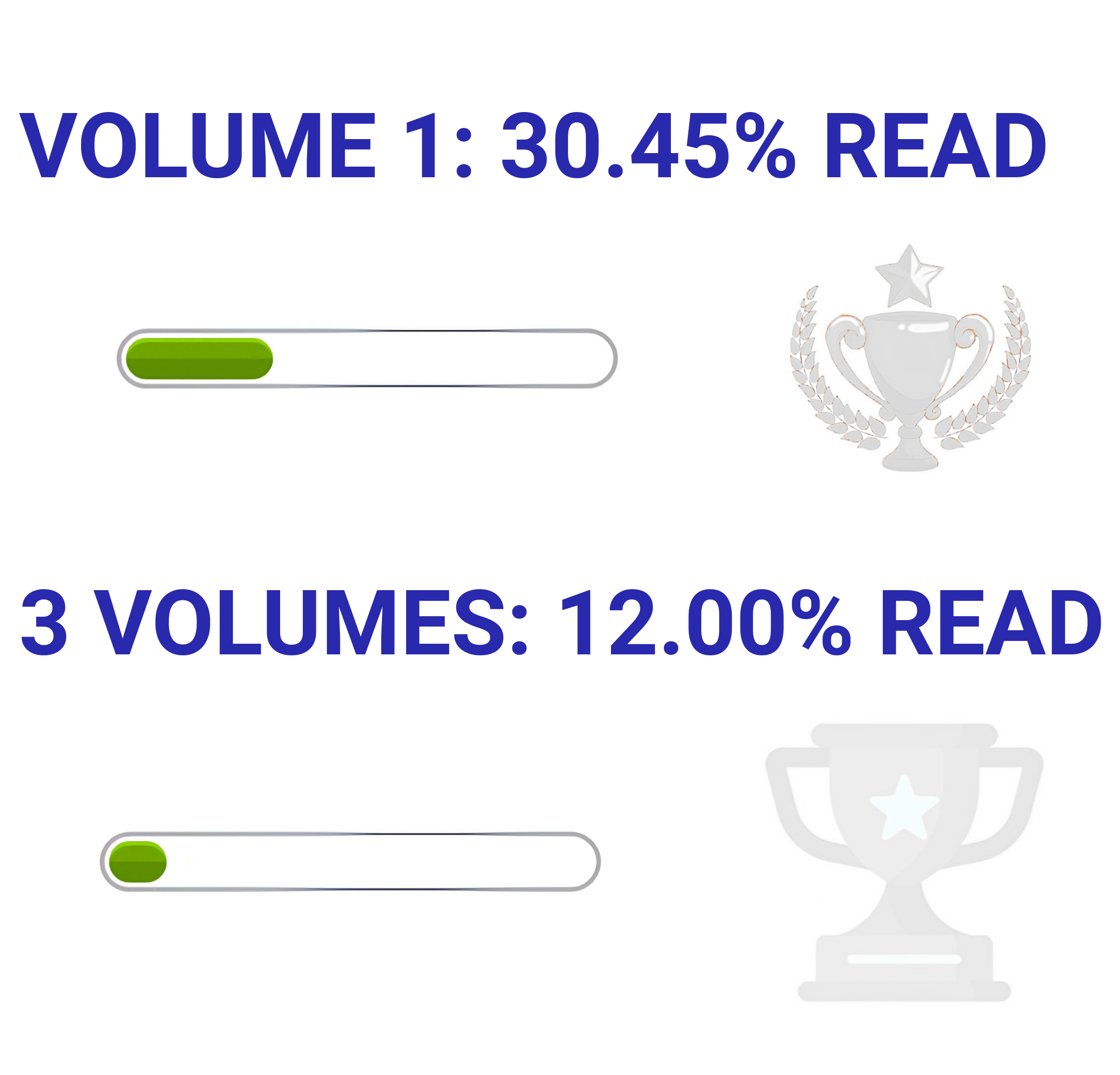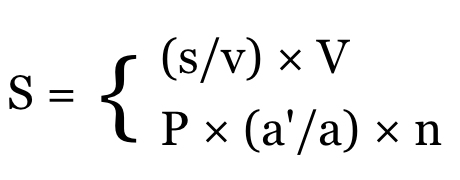Good work so far, crew. We are approaching being ⅓ of the way through Vol.1 and ⅛ of the way through the 3-volume work; we'll cross those marks this week.
Last week we looked at the political struggle between labour and capital, how it played out in real life. We saw how abstract principles of economics lead to lung problems in children.
Don't forget that this is a club: it is a shared activity, it's not only reading, it's something we do together to also build camaraderie. So engage in the comments.
The overall plan is to read Volumes 1, 2, and 3 in one year. (Volume IV, often published under the title Theories of Surplus Value, will not be included in this particular reading club, but comrades are encouraged to do other solo and collaborative reading.) This bookclub will repeat yearly. The three volumes in a year works out to about 6½ pages a day for a year, 46⅔ pages a week.
I'll post the readings at the start of each week and @mention anybody interested. Let me know if you want to be added or removed.
Just joining us? It'll take you about 13 hours to catch up to where the group is. Use the archives below to help you.
Archives: Week 1 – Week 2 – Week 3 – Week 4 – Week 5 – Week 6
Week 7, Feb 12-18, we are reading from Volume 1: all of Chapters 11, 12, and 13, and then the first 2 sections of Chapter 14
In other words, aim to reach the heading 'The Two Fundamental Forms of Manufacture: Heterogeneous Manufacture, Serial Manufacture' by Sunday
Discuss the week's reading in the comments.
Use any translation/edition you like. Marxists.org has the Moore and Aveling translation in various file formats including epub and PDF: https://www.marxists.org/archive/marx/works/1867-c1/
Ben Fowkes translation, PDF: http://libgen.is/book/index.php?md5=9C4A100BD61BB2DB9BE26773E4DBC5D
AernaLingus says: I noticed that the linked copy of the Fowkes translation doesn't have bookmarks, so I took the liberty of adding them myself. You can either download my version with the bookmarks added, or if you're a bit paranoid (can't blame ya) and don't mind some light command line work you can use the same simple script that I did with my formatted plaintext bookmarks to take the PDF from libgen and add the bookmarks yourself.
Audiobook of Ben Fowkes translation, American accent, male, links are to alternative invidious instances: 1 – 2 – 3 – 4 – 5 – 6 – 7 – 8 – 9
Resources
(These are not expected reading, these are here to help you if you so choose)
-
Harvey's guide to reading it: https://www.davidharvey.org/media/Intro_A_Companion_to_Marxs_Capital.pdf
-
A University of Warwick guide to reading it: https://warwick.ac.uk/fac/arts/english/currentstudents/postgraduate/masters/modules/worldlitworldsystems/hotr.marxs_capital.untilp72.pdf
-
Reading Capital with Comrades: A Liberation School podcast series - https://www.liberationschool.org/reading-capital-with-comrades-podcast/








